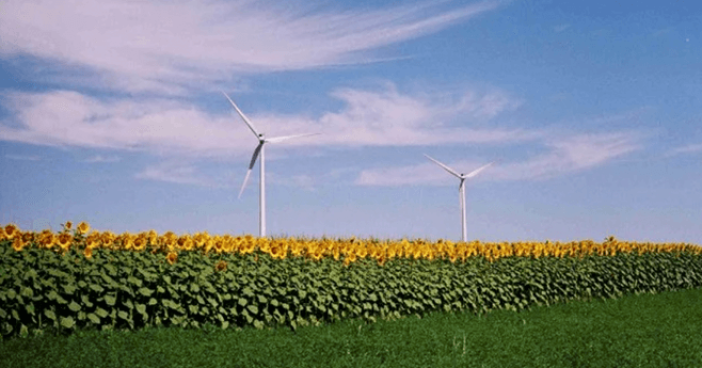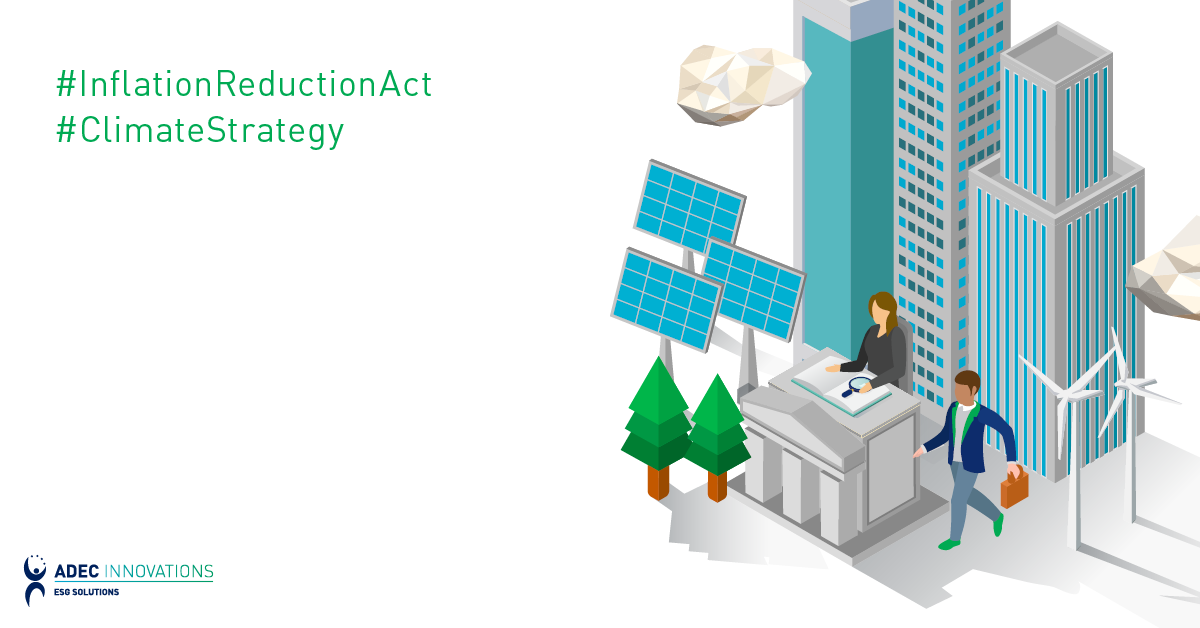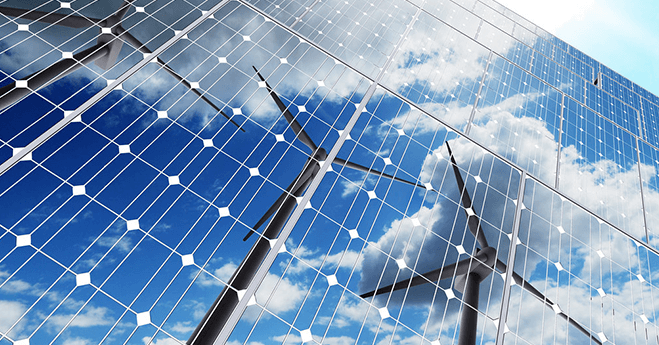Renewable energy is a growing component of the world’s energy mix. Increasing and expanding the use of that renewable capacity can decrease our reliance on natural resources and fossil fuels, creating a sustainable energy model. How then can we meet this challenge of turning renewable energy into sustainable energy?
In 2011, the United Nations launched the Sustainable Energy For All (SEFA) initiative, aiming to catalyze action around three main objectives to be achieved by 2030:
- Doubling the share of renewable energy in the global energy mix
- Ensuring universal access to modern energy services
- Doubling the global rate of improvement in energy efficiency
As we continue to see landmark achievements in renewable energy generation, the first objective seems increasingly attainable. To create a truly sustainable energy system, we need to combine progress in renewables capacity with progress in the areas of the two other objectives: energy access and energy efficiency.
According to the International Energy Agency, approximately 1.1 billion people are still without access to electricity. As long as energy poverty affects so many across the world, we cannot create an energy system that works for all. In developed countries such as the United States, as much as 60% of all electrical energy produced is lost each year during conversion. Due to our infrastructure being so inefficient, our energy systems cannot reliably carry us into the future. By overcoming energy poverty and drastically reducing energy wastage, we can pull down the two main barriers to creating a global energy system that serves everyone, now and in the future.
How can we meet these goals? The SEFA initiative lays out a framework of 11 Action Areas that each hold potential for identifying high-impact opportunities and actions. This list is divided into seven ‘sectoral areas’ and four ‘enabling areas’.
The seven sectoral areas identify sectors in which one or more of the objectives of increasing capacity, access and efficiency can be met through methods that address both power generation and energy consumption.
- Modern cooking appliances and fuels
- Distributed electricity solutions
- Grid infrastructure and supply efficiency
- Large-scale renewable power
- Industrial and agricultural processes
- Transportation
- Buildings and appliances
The four enabling areas provide methods and mechanisms for implementing the changes in fields that will be the foundation of sustainability.
- Energy planning and policies at all levels
- Business model and technology innovation
- Finance and risk management
- Capacity building and knowledge sharing
Working within this framework, public, private and civil society stakeholders have achieved a great deal since the launch of SEFA.
The answers to making renewable energy sustainable remain clear: increased capacity, universal access, and improved efficiency.
ADEC ESG is a leading provider of sustainability solutions, including fully-integrated industry expertise, software solutions and data management. To stay current on global sustainability issues, subscribe to our monthly newsletter, GreenWatch.




